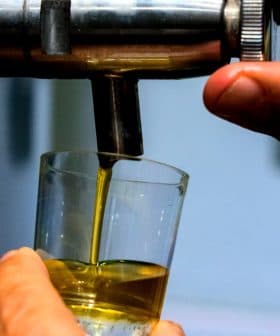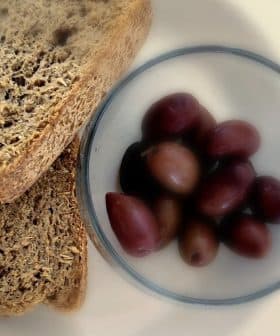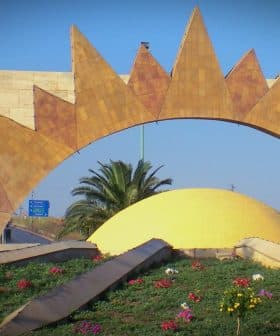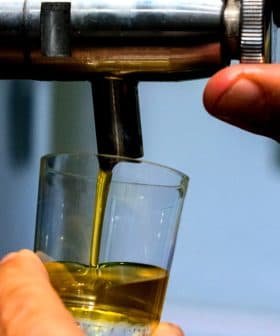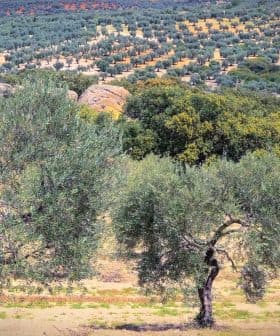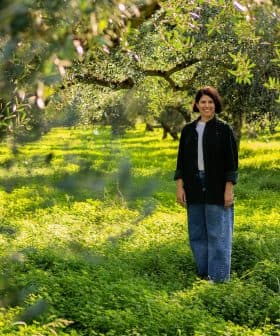 7.5K reads
7.5K readsNews Briefs
Spain’s 'Sea of Olives' Among the Candidates for UNESCO Recognition
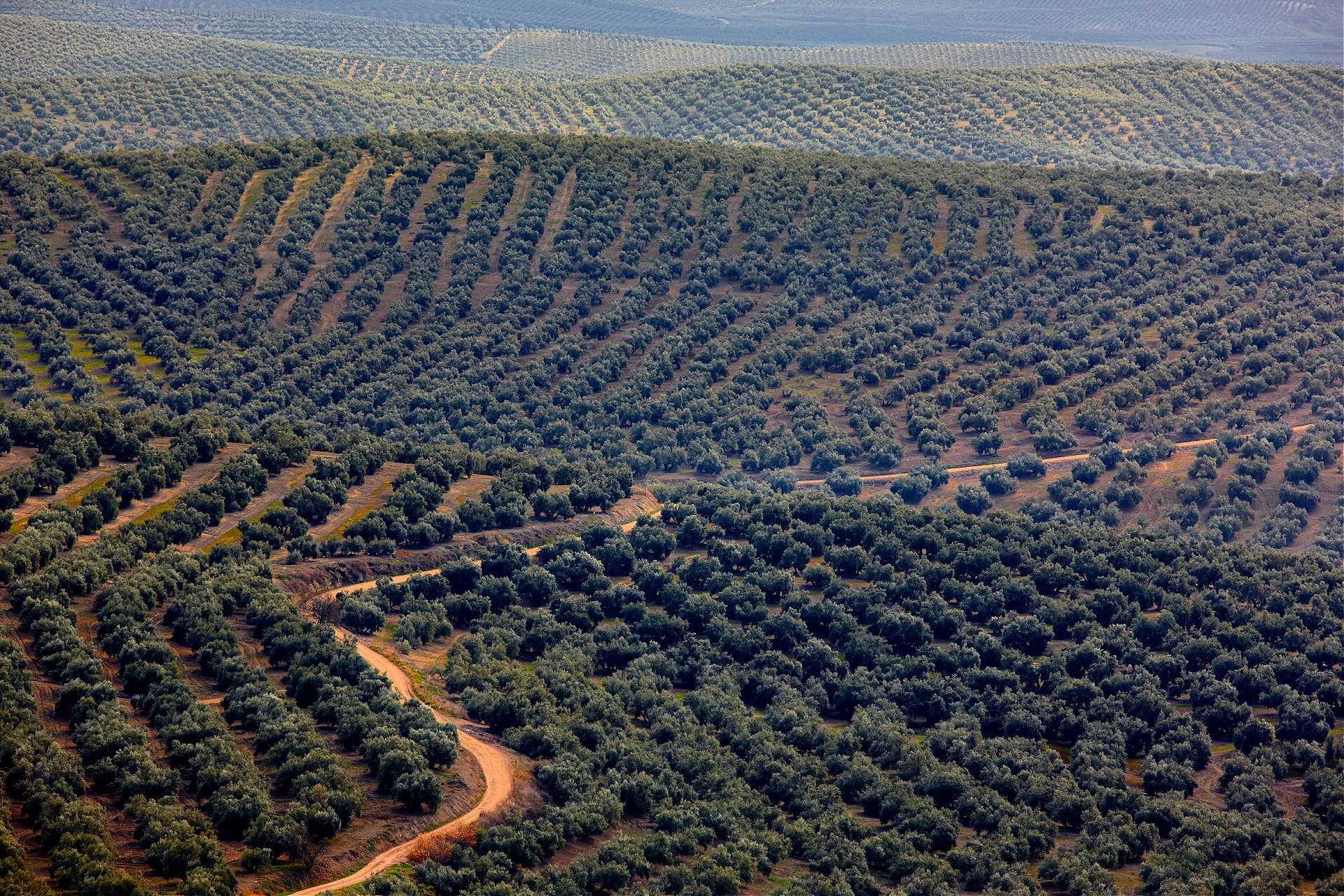
The Mar de Olivos in southern Spain, a sprawling olive forest covering 1.5 million hectares, is being considered for UNESCO World Heritage status due to its economic importance and cultural significance, according to the Spanish Ministry of Culture and Sport. The formal nomination of Mar de Olivos will be made in February 2023, with UNESCO set to vote on the recognition of the Olive Grove Landscapes of Andalusia, which would become Spain’s 49th World Heritage site and the ninth in Andalusia, in the summer of 2023.
The Mar de Olivos (Sea of Olives) is among the candidates to become a UNESCO World Heritage site, according to María Dolores Jiménez-Blanco, the director general of fine arts at the Spanish Ministry of Culture and Sport.
Sprawling over 1.5 million hectares across southern Spain, the massive olive forest serves as the economic engine for 300 towns and is a “hallmark of Andalusia,” Jiménez-Blanco said.
It is a landscape, heritage, life and culture… which show all the relief and diversity of the region and represent a great patrimonial heritage of the past, present and future.
While the vast majority of the Olive Grove Landscapes of Andalusia is located in Jaén, significant portions also cover the neighboring provinces of Córdoba, Granada, Sevilla and Málaga.
After eleven years of planning, Mar de Olivos — or The Olive Grove Landscapes of Andalusia, as it is officially known — was first nominated for recognition back in 2016 in a joint effort by the Spanish Ministry of Culture and Sport, the Diputación de Jaén and the Andalusian provincial government.
See Also:Spanish Olive Growers Replacing Century-Old Trees With Young OnesAccording to Jiménez-Blanco, the formal nomination of Mar de Olivos will be made at a meeting next February with UNESCO set to vote on whether to recognize the cultural landscape in the summer of 2023.
If the designation is approved, it will become Spain’s 49th World Heritage site and the ninth in Andalusia. Only China and Italy have more.
To receive UNESCO recognition, a site must satisfy at least one of 10 different criteria. In their application, the three proponents of the project argued the Mar de Olivos meets at least four.
They said that the Olive Grove Landscapes of Andalusia constitutes a unique Mediterranean landscape (criterion III) that demonstrates Andalusians’ ability to intelligently adapt to challenging geographical and climate conditions (criterion V).
They added that the Mar de Olivos is a living cultural tradition over the past two centuries (criterion VI) that has successfully evolved to meet current climatic and economic challenges (criterion II).
“This idea [Mar de Olivos] forms a solid social fabric, becoming an exceptional landscape,” the Ministry of Culture and Sport said. “It is a landscape, heritage, life and culture. It is about superimposed historical landscapes, which show all the relief and diversity of the region and represent a great patrimonial heritage of the past, present and future.”


